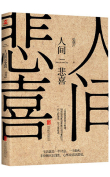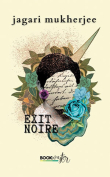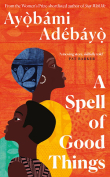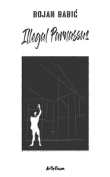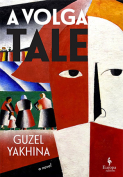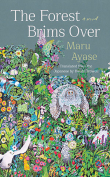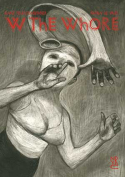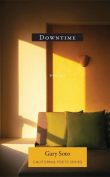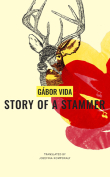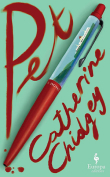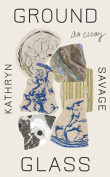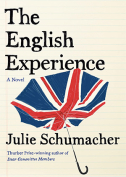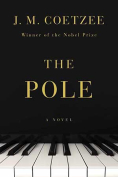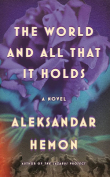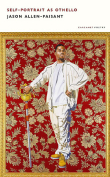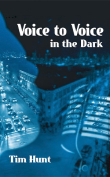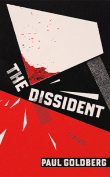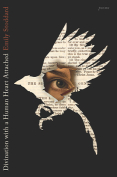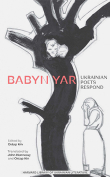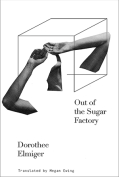Out of the Sugar Factory by Dorothee Elmiger
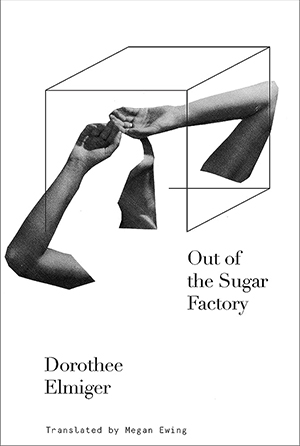 San Francisco. Two Lines Press. 2023. 259 pages.
San Francisco. Two Lines Press. 2023. 259 pages.
As journal-style prose, Out of the Sugar Factory draws on both history and literature to capture the world’s present and past fixation with sugar and the brutality of its production. Told in a series of vignettes, the first-person narrator dances through the centuries, stopping off at the Haitian Revolution, Adam Smith’s considerations on capitalism in the colonies, the sanatorium where Ellen West, one of the first anorexic patients, was treated, and the auction room selling the belongings of Switzerland’s first lottery millionaire. All these scenes contribute to, but do not complete, the story of sugar and reveal something much vaster.
At the beginning, a friend tells the author about a book described as a series of loosely connected images, which I see as Elmiger giving us instruction on how to read her work. Her gentle repetition rocks us through the narrative with episodes that are both real, dreamt, and fantasized. In addition, she weaves in characters created by greats of German literature, including from Max Frisch’s Montauk and Kleist’s “Betrothal” in Santo Domingo. A list of sources provides the reader with a sometimes reassuring, sometimes disconcerting sense of academic research. While the sketches may at first appear unconnected, together they contribute to the atmosphere that we are wandering through time with Elmiger. She frequently breaks the fourth wall, showing us that she, as the author, is collecting material on sugar, and then, with her careful prose, she draws us back into her wonderfully painted worlds.
Out of the Sugar Factory is not a novel in the traditional sense but is innovative and fresh writing blurring the line between fact and fiction in service to a tale that is as boundless as the consumption of sugar itself. Once you have given yourself over to Elmiger’s unorthodox style, you find yourself dipping in and out of the sugar-tainted lives of the protagonists. Dorothee Elmiger is already celebrated in the German-speaking world, receiving nominations for both the German Book Prize and the Swiss Book Prize. Megan Ewing’s loyal translation is the (sugar-) icing on the cake of this intriguing book.
Catherine Venner
Durham, UK

